Economy Watch: The Business Cycle Abides
The case for pessimism might now be spreading to Wall Street after its recent flirtation with the 10,000 highlands, since the Dow Jones Industrial Average was down 104.22 points, or 1.05 percent, on Monday, ending well below 9,900. The S&P 500 and the Nasdaq were also off, 1.17 percent and 0.59 percent respectively.
By: Dees Stribling, Contributing Editor
The case for pessimism might now be spreading to Wall Street after its recent flirtation with the 10,000 highlands, since the Dow Jones Industrial Average was down 104.22 points, or 1.05 percent, on Monday, ending well below 9,900. The S&P 500 and the Nasdaq were also off, 1.17 percent and 0.59 percent respectively.
Commercial real estate certainly has that aura of doom as 2009 nears its end. Few predict anything better for the industry for 2010, as demand remains weak, debt weighs down otherwise good properties, and banks continue to learn the hard way that real estate goes down as well as up.
It’s been pointed out by plenty of astute observers that one of the bad ideas that got the CRE industry into this mess — and the entire economy of the United States into its mess, for that matter – was the insistence back in the mid-2000s that, “It’s different this time.”
As the bubble inflated, the mantra was, this isn’t a bubble. This is a new economy. A new paradigm. It can’t pop, it’s different this time. People were thinking that way back during the tulip bubble, just as much as they were during the residential bubble of the early to mid-2000s.
Of course there are few new paradigms and no new economies. It wasn’t different that time.
Good thing, too, since that’s the best reason for long-term optimism – or even medium-term optimism. Now that CRE and the economy have contracted so painfully, plenty of educated observers have bought into precisely the same erroneous notion: “It’s different this time.”
That is, the industry and the economy are permanently crippled. They can’t recover because it’s different this time.
It isn’t. There will be a recovery. That’s as certain as anything in economics can be. That doesn’t mean a reinflation of the bubble of the mid-2000s – who would want that anyway? – it simply means the turning of the business cycle.
The turning of the cycle will affect and improve markets large and not-as-large. Recently, CPE spoke with Eric Voyles, vice president of national business development at the Rockford Area Economic Development Council. Representing, as he does, an economic development organization, he’s something of a professional optimist. Yet he had valid points to make about the future of his part of the country, the metro Rockford area west of Chicago, and the industrial corridor along I-39 linked to that city.
“The recession has affected our industrial market as much as anywhere else,” he told CPE. “Things have been distinctly slow recently.”
Certainly the numbers bear him out. According to Colliers Bennett & Kahnweiler Inc., the I-39 corridor had negative absorption of about 703,000 square feet in 3Q09 alone, taking it to 7.49 percent vacancy. That isn’t bad compared to other Chicago submarkets – overall metro Chicago industrial vacancy is 12.21 percent – but there isn’t any demand for space out near I-39 at the moment, nor any industrial development at all.
But Voyles isn’t paid to dwell on the past. Rockford and the I-39 corridor, he posited, have an industrial future. For one thing, the Rockford area already has the physical and human infrastructure to be globally competitive in the likes of machine tools and auto parts, as it has for years. It’s also a rising competitor in aerospace, with well over 100 aerospace companies already operating in the area, including five major tier-one aerospace suppliers.
“When the time comes, we want to be ready to allow this industry and others to grow,” Voyles said. “Local officials and businesses are keen to make this growth as easy as possible, and we’re laying the groundwork now.”
If things really were “different this time” in a negative way, why would anyone bother to prepare for the future? But just as bubbles pop and times become hard, economies recover and times get easier. Local and regional officials and businesspeople all over the country are already getting ready for that inevitability.

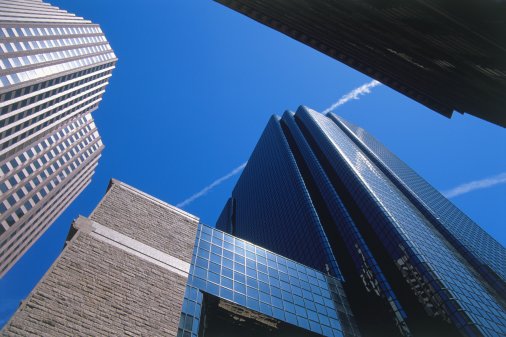
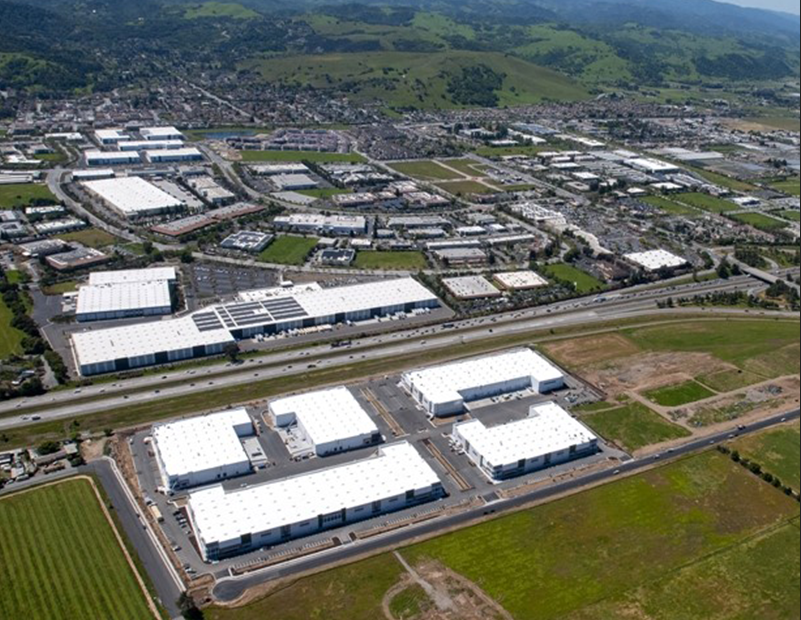
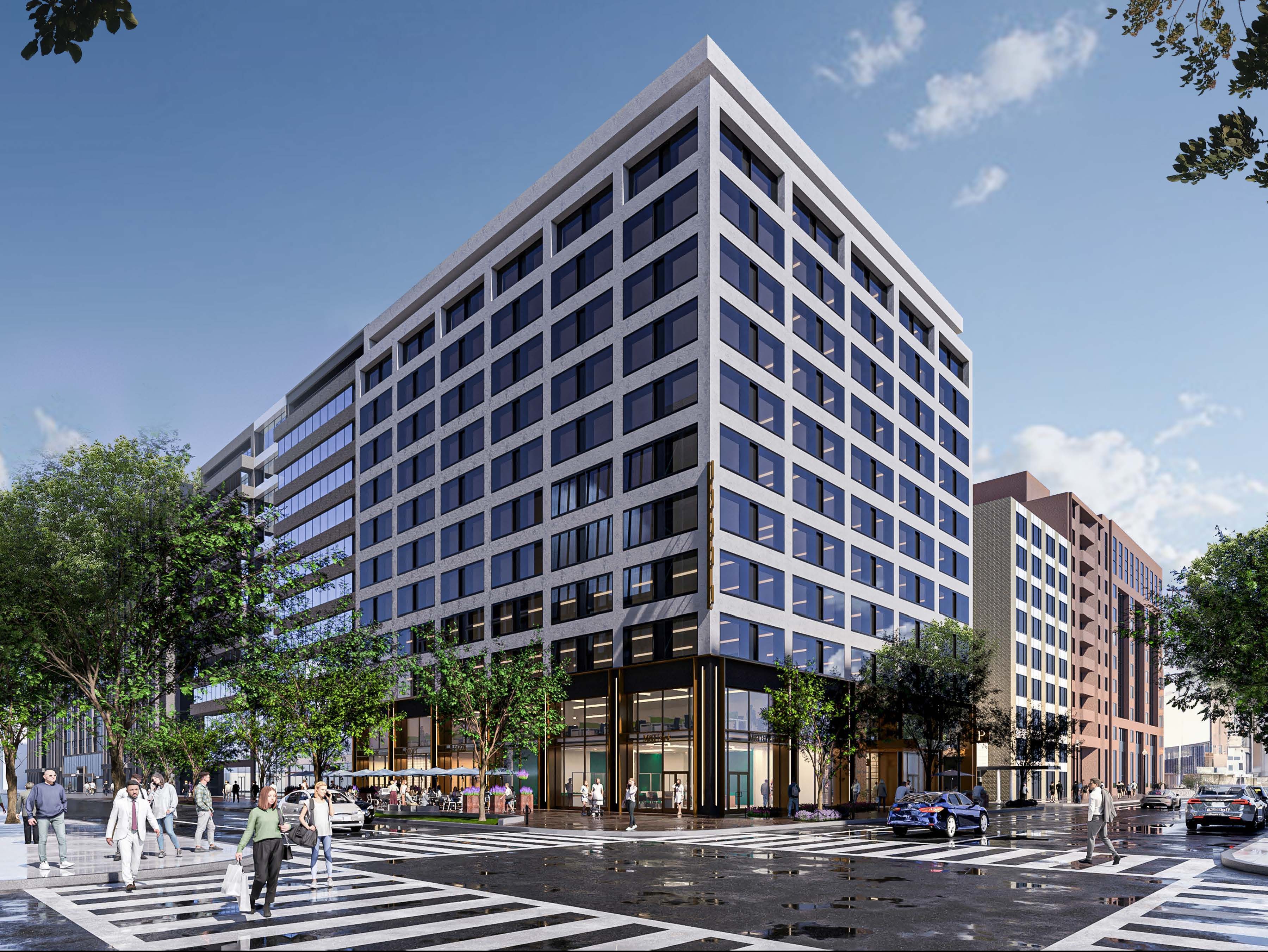

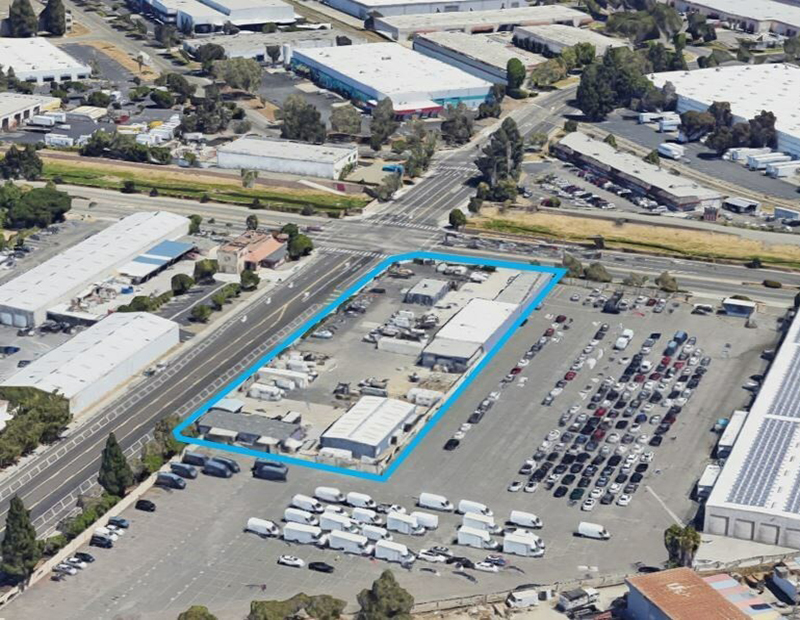
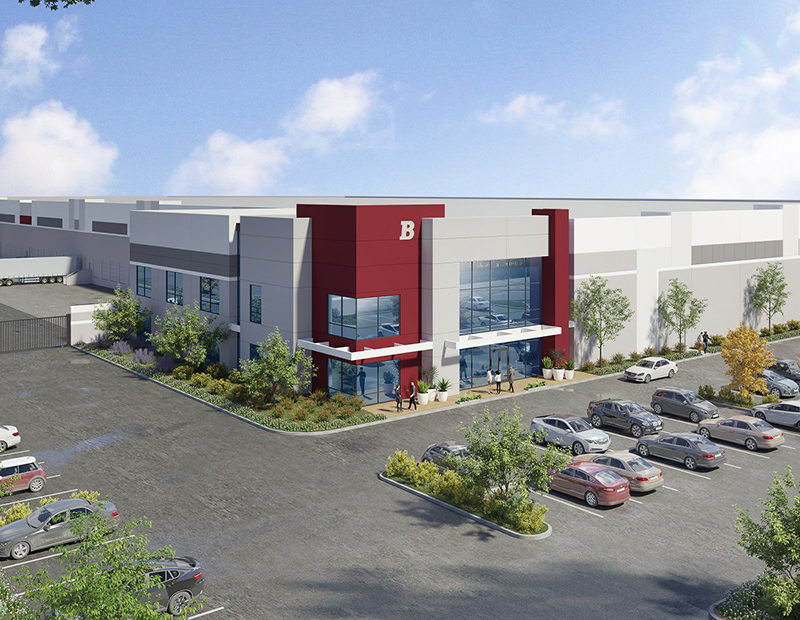

You must be logged in to post a comment.